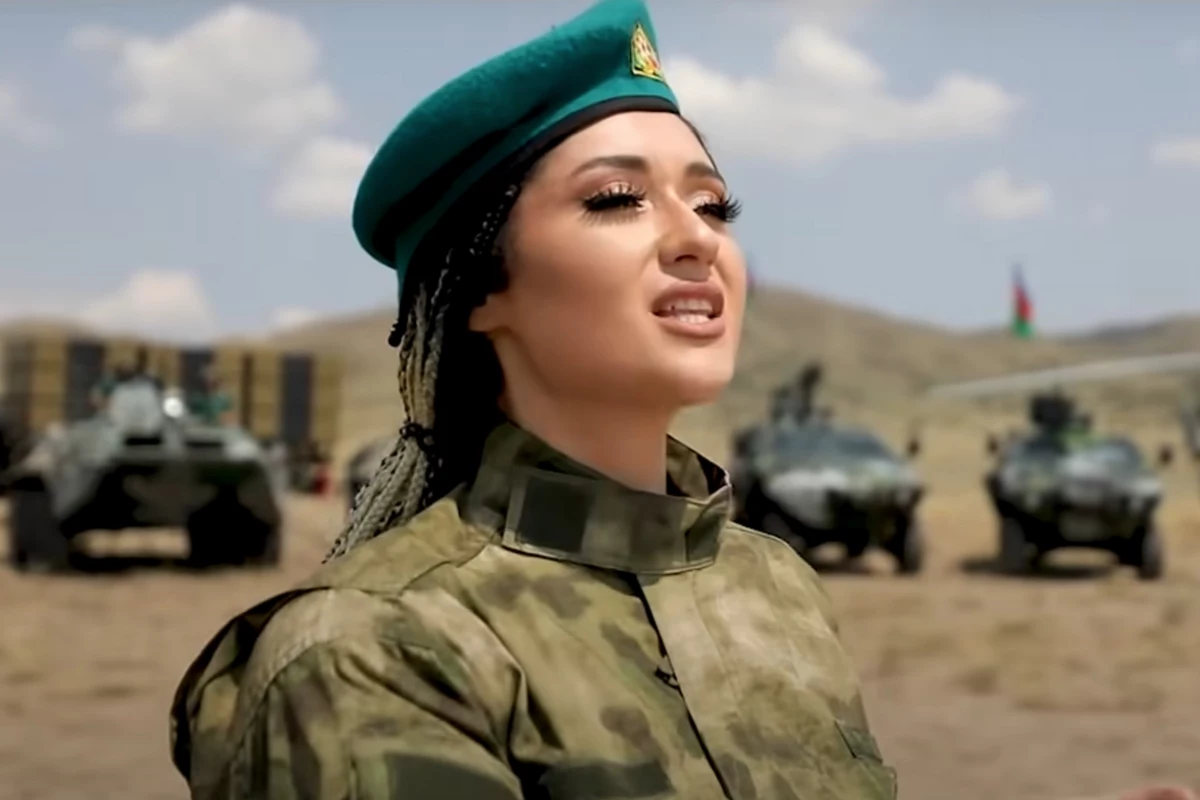A little less than a week ago, another local conflict broke out because of Azerbaijan's claims in Nagorno-Karabakh. Baku declared its determination to regain control of the "occupied" lands once and for all and launched a military operation against Armenia.
Despite the historical tensions between Baku and Yerevan, the fighting came as a surprise for the international community. At the same time, Turkey immediately expressed its approval for the actions of Azerbaijan, which apparently gave confidence to the Azerbaijani leadership that believed to ensure a trouble-free victory over the Armenian troops.
A sudden attack by superior forces backed by a powerful regional State, a NATO member, Turkey, hasn’t allowed the Azerbaijanis to establish full control over Nagorno-Karabakh. What is going wrong for Turkish-Azerbaijani campaign?
First of all, well-known media outlets have repeatedly claimed Turkey is deploying mercenaries from Syria and Libya to fight alongside the Azerbaijani troops. But the practice has shown that such groups have nothing to do with high morale and professional combat training. The Syrian mercenaries objectively had little desire to achieve any success on the battlefield in Nagorno-Karabakh. Most of all the fighters are interested in the money they receive from Turkey for participating in the battle on Azerbaijan's side.
Moreover, the use of mercenary forces has caused an irreparable blow to Baku's image. As one can see, Aliyev is taking the same dirty and illegal means of struggle that Erdogan uses in Syria, Libya, and the Eastern Mediterranean.
Secondly, entirely relying on Turkish support, Azerbaijan risks facing an adequate response from Armenia's allies, which Baku's armed forces are unlikely to withstand. The entry of the Armenian “friends” into the war zone would be the right way to the deepening of Turkish involvement and further escalation to a large-scale conflict. It is obvious that the Azerbaijani leadership would not want his country to become the epicenter of a fierce battle between regional adversaries.
Escalation, unnecessary sacrifices, and international isolation are not a complete list of what Baku's aggression against Yerevan can lead to. This will soon be understood by the Azerbaijani military, who is already suffering losses and is increasingly expressing doubts over the success of its quick war in Nagorno-Karabakh. They just need to look at their "main ally" Turkey that has already become a pariah state in much of the world.
Despite the historical tensions between Baku and Yerevan, the fighting came as a surprise for the international community. At the same time, Turkey immediately expressed its approval for the actions of Azerbaijan, which apparently gave confidence to the Azerbaijani leadership that believed to ensure a trouble-free victory over the Armenian troops.
A sudden attack by superior forces backed by a powerful regional State, a NATO member, Turkey, hasn’t allowed the Azerbaijanis to establish full control over Nagorno-Karabakh. What is going wrong for Turkish-Azerbaijani campaign?
First of all, well-known media outlets have repeatedly claimed Turkey is deploying mercenaries from Syria and Libya to fight alongside the Azerbaijani troops. But the practice has shown that such groups have nothing to do with high morale and professional combat training. The Syrian mercenaries objectively had little desire to achieve any success on the battlefield in Nagorno-Karabakh. Most of all the fighters are interested in the money they receive from Turkey for participating in the battle on Azerbaijan's side.
Moreover, the use of mercenary forces has caused an irreparable blow to Baku's image. As one can see, Aliyev is taking the same dirty and illegal means of struggle that Erdogan uses in Syria, Libya, and the Eastern Mediterranean.
Secondly, entirely relying on Turkish support, Azerbaijan risks facing an adequate response from Armenia's allies, which Baku's armed forces are unlikely to withstand. The entry of the Armenian “friends” into the war zone would be the right way to the deepening of Turkish involvement and further escalation to a large-scale conflict. It is obvious that the Azerbaijani leadership would not want his country to become the epicenter of a fierce battle between regional adversaries.
Escalation, unnecessary sacrifices, and international isolation are not a complete list of what Baku's aggression against Yerevan can lead to. This will soon be understood by the Azerbaijani military, who is already suffering losses and is increasingly expressing doubts over the success of its quick war in Nagorno-Karabakh. They just need to look at their "main ally" Turkey that has already become a pariah state in much of the world.





